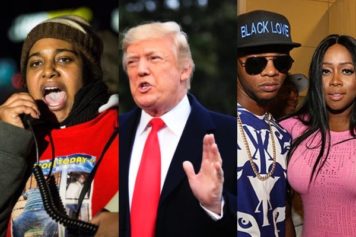The battle against climate change is among the great moral movements of history, similar to the fight to abolish slavery, former Vice President Al Gore said.
Gore, speaking at a recent awards ceremony, also likened the movement against global warming to women’s suffrage, gay rights and the fight against apartheid.
“The climate movement should be seen in the context of the great moral causes that have transformed and improved the outlook for humanity,” he said on June 15 at the Ashden Green Energy Awards in London, The Guardian newspaper reported.
“It was wrong to allow slavery to continue, it was wrong to deny women the right to vote, it was wrong to discriminate on the basis of skin color or who you fell in love with,” he said.
An environmentalist who has long warned against global warming, Gore’s remarks come as his new climate change documentary, “An Inconvenient Sequel: Truth to Power,” is set to be released in theaters later this summer. It follows his hugely successful 2006 film, “An Inconvenient Truth.”
In his speech, Gore also said that he believes President Donald Trump’s decision to withdraw the United States from the Paris climate accord would not derail the climate change movement.
It is not the first time the Nobel Peace Prize winner and 2000 Democratic Party nominee for president has made such comparisons between climate change and social movements.
In a 2013 Washington Post interview, Gore compared global warming skeptics to those who opposed civil rights for Blacks.
“I remember as a boy when the conversation on civil rights was won in the South,” he said. “I remember a time when one of my friends made a racist joke and another said, ‘Hey man, we don’t go for that anymore.'”
In 2014, retired South African Archbishop Desmond Tutu said tactics he and others used to fight against apartheid should be applied in the battle against climate change.
“During the anti-apartheid struggle in South Africa, using boycotts, divestment and sanctions, and supported by our friends overseas, we were not only able to apply economic pressure on the unjust state but also serious moral pressure,” he wrote in an op-ed for The Guardian.


